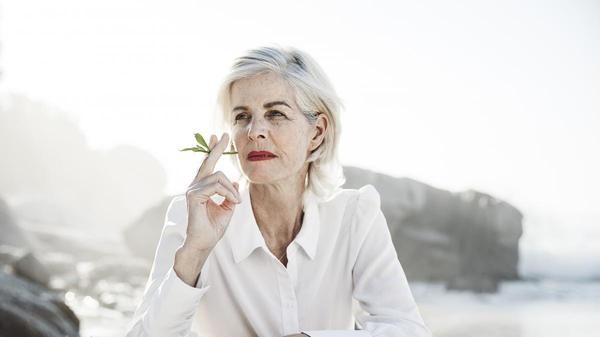Routines and basic skin care to prevent aging
The skin is the largest organ in the body and acts as a barrier and first line of defense against external agents, protecting it from heat, light, infections and possible injuries. It is, therefore, continuously exposed to elements that can damage it.
Keeping it clean, hydrated and nourished is one of the first steps to ensure its well-being. To do this, the Mayo Clinic recommends a basic daily routine for the face, neck and décolleté areas that includes moisturizing daily with a suitable cream depending on the skin type, removing make-up if necessary with a mild cleanser and washing with warm water to prevent vasodilation.
Likewise, the skin of the rest of the body also deserves special attention and care:
Hygiene and hydration are not the only care that we must incorporate into our routine. Rest and nutrition also play a determining role in the well-being of our skin. Sleeping at least seven hours and following a varied, balanced diet rich in vitamins, minerals and fatty acids will benefit our skin and, in some cases, can help us improve the course of some dermatological diseases. For this reason, the Spanish Academy of Dermatology and Venereology (AEDV) recalls the need for foods rich in group B vitamins, which are involved in the good condition of the skin and in cell renewal processes, to be present in our diet; vitamin C (citrus fruits, parsley, pepper, broccoli...), which activates the defenses and intervenes in the synthesis of collagen, a protein that gives support to the skin; vitamin E (vegetable oils, whole grains, seeds, nuts...), which helps to counteract skin aging and improves blood circulation; or vitamin A, which favors the development of pigments in the skin, which protect it and help tanning.
PREVENT AGING
The healthy appearance of the skin is usually identified with genetics, but the truth is that it only represents 25% of aging, according to the Healthy Skin Foundation. The rest is a consequence of an unhealthy lifestyle or external causes.

In fact, the main agent responsible for its aging is the sun, so it is important to be aware of the need to protect it against radiation whenever you are going to be outside, regardless of the season of the year or even if the day is cloudy.
Tobacco is another of the factors that affect your aging, accentuating the appearance of wrinkles and dehydration. On the other hand, several studies have found a relationship between the pollution of large cities and various dermatological conditions such as atopic dermatitis, psoriasis, premature aging and acne.
Another of the causes of greater suffering of the skin are sudden changes in temperature, as well as air conditioning, heating, dryness of the environment, excess humidity or the accumulation of dust in closed spaces, since by accumulating more toxins the skin loses uniformity, elasticity and luminosity.
The mark of the pandemic on the skin
The ravages of the pandemic have not been limited to the effects of the virus on the body, but have brought consequences for the health of the skin. On the one hand, the skin manifestations linked to infection in covid patients; on the other, the appearance of dermatological problems as a result of the constant use of hydroalcoholic gel and the mask. In this line, the increase in consultations for contact eczema, acne, seborrheic dermatitis and rosacea has increased from 5% of the total before the pandemic to 25% today, according to data from the Spanish Academy of Dermatology and Venereology (AEDV) at the II National COVID-19 Congress, held in April. It is also significant that consultations for acne or seborrheic dermatitis have been extended to adults and not only to adolescent patients, as was usual. Preventing the incidence of these pathologies happens, in the case of the hands, by prioritizing the use of soap and water before that of hydrogels, as well as dry them well after washing and apply moisturizing cream. If hydrogels are used frequently, it is better if they are fragrance-free, and daily skin hydration must be ensured to counteract the drying effect they cause. In the case of masks, it is advisable to avoid makeup, use moisturizing creams, wash your face with lukewarm water and mild, fragrance-free cleansing soaps and, if skin problems are identified with a particular type of mask, try one made from a different material. In any case, when eczema is already established, these measures can be counterproductive, making it necessary to assess and diagnose the doctor, who will prescribe the appropriate treatment.









1612